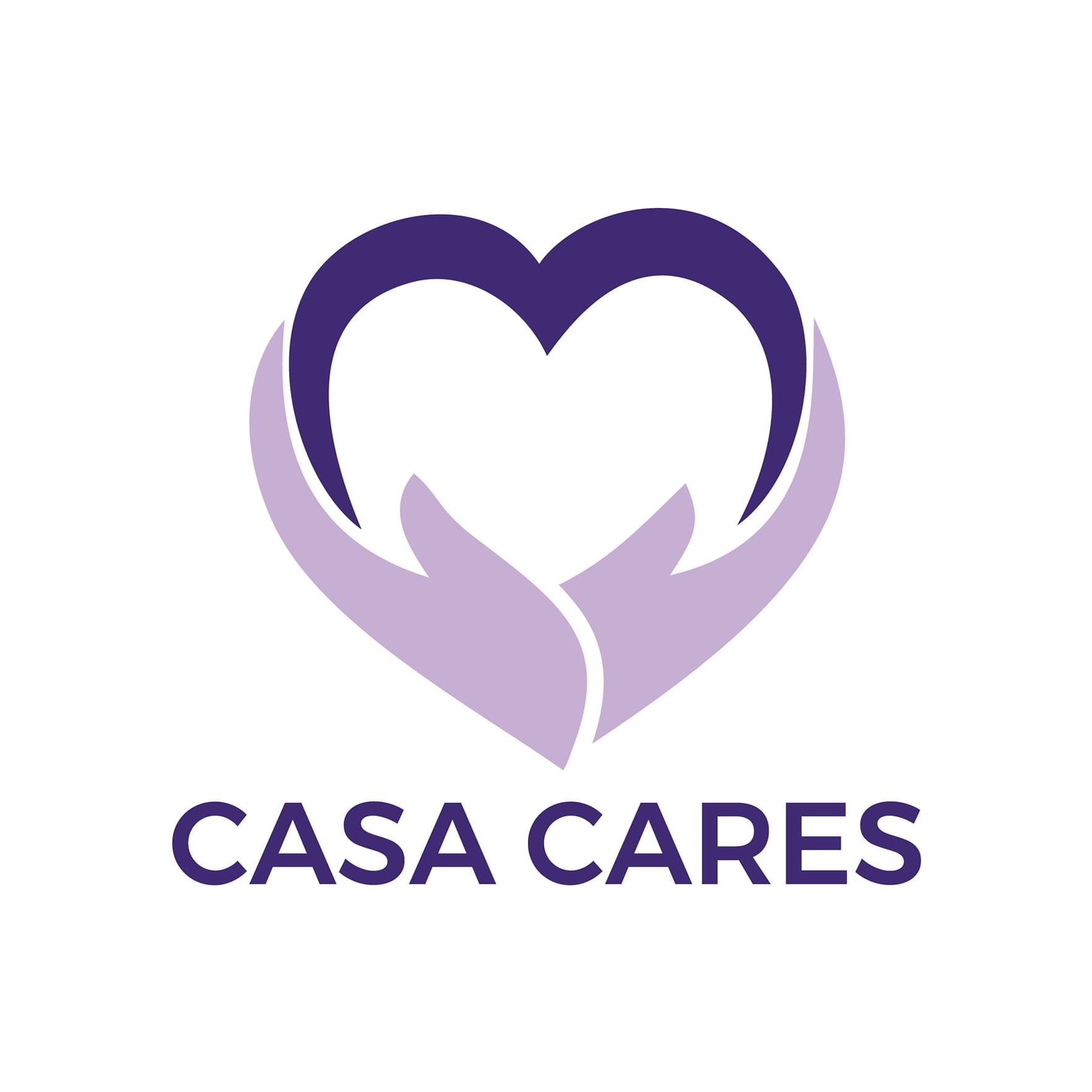The podcast sets out to inform and inspire the Concordia student body, one episode at a time
This January saw CASA Cares, the nonprofit subsidiary of JMSB, launch its debut podcast, Heart to Heart. With podcast consumption nearly doubling throughout the pandemic, Heart to Heart sets out to bridge the gap between Concordia students and the community left in the wake of the COVID-19 pandemic.
The interview-based podcast offers a platform where Concordia students can access advice and information on real concerns and events from experts in relevant fields. Structured on a bi-weekly release schedule, Heart to Heart will dedicate two 30-minute episodes each month to examining a particular cause or issue relating to current events.
“The podcast is basically trying to do two things,” said Divya Aery, the vice president of involvement for CASA Cares and the host of Heart to Heart. “One is trying to raise awareness on social issues and community initiatives. [The second] is trying to encourage or promote student involvement.”
This past month, Heart to Heart examined the effects that the recent lockdown measures has had on student’s mental health. Guest speakers from Jack.org, the non-profit organization dedicated to youth mental health, listed a series of resources that students struggling with their mental health can access for immediate and long-term support.
Heart to Heart marks a shift in focus for the organization, which has traditionally been centred on hosting in-person fundraising events. It’s the first initiative launched by CASA Cares that does not revolve around fundraising for a particular cause or charity.
We don’t get any sort of revenue from this and it works because there is no cost either,” said Aery. “So it kind of just cancels [out] that way.”
For the non-profit organization, Heart to Heart brings the unprecedented challenge of having to operate the podcast on a zero dollar budget. All work relating to the day-to-day operation of the podcast is conducted solely by the project’s founding members. The Heart to Heart team has been using free programs such as Zoom and GarageBand to record and edit each episode, as well as recruiting guest speakers on a volunteer basis.
Despite the Heart to Heart team’s hard work, technical issues and just plain bad luck have still been major obstacles surrounding the launch.
“We had to record the first episode five times,” said Aery, when asked about Heart to Heart’s production process. “The audio kept cutting or I wasn’t happy with my questions or I thought we could have focused more on one [subject] over the other. And of course, my laptop crashed and I lost all the files, so I had to do another take.”
However, it is the dedication and commitment of the Heart to Heart founders that have let the project overcome these initial setbacks.
“There is such an impact for me personally,” said Khang Nghi Can, CASA Cares’ first-year representative and producer of Heart to Heart. “Sometimes, I’ll be editing and listening to it and I’m like, yeah, this is the thing I should do for myself, too. What if one person listens to the podcast and it makes them think differently? So if we can really help one person, like, that’s already huge.”
Heart to Heart is available on Spotify, Apple Podcasts, and the CASA Cares website.
Logo courtesy of CASA Cares




